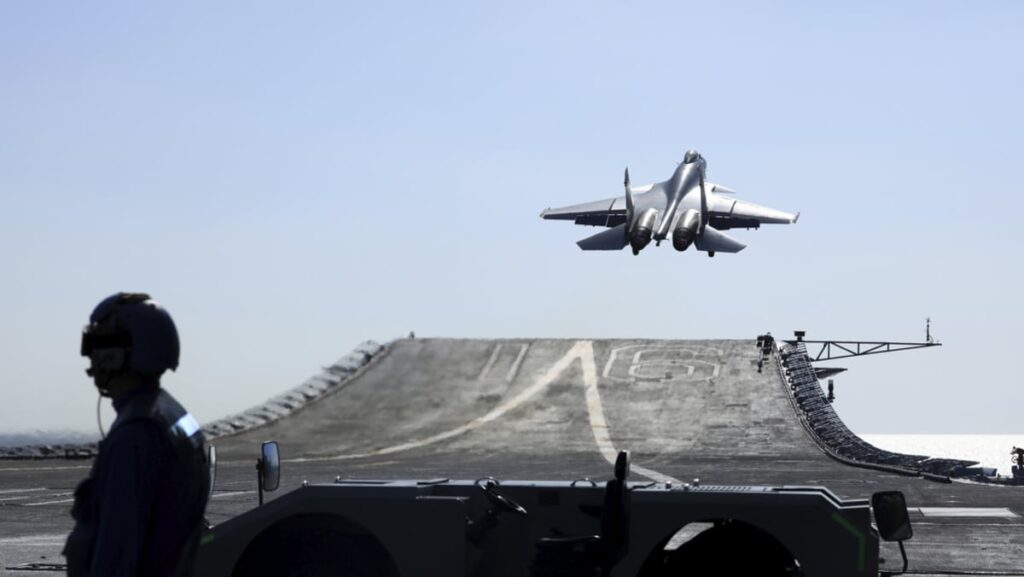TRICKY FOR SOUTH KOREA’S NEW PRESIDENT
All this puts South Korea’s president in a tight spot. South Korean progressives have a long foreign policy tradition of anti-Americanism and downplaying North Korean totalitarianism to facilitate detente.
More broadly, this has led to equivocation on Russia and China, and a reticence to admit that China, Russia and North Korea cooperate. Mr Lee, for example, has blamed Ukraine for its invasion by Russian and said South Korea should not help Taiwan if China attacks it.
This nationalist-minded foreign policy is attractive for the independence it promises from American “domination”. But it also means that South Korea must stand on its own if North Korea, China and Russia bully it.
The South Korean public opinion senses this. The public strongly supports the US alliance and has become increasingly anti-Chinese. According to a survey by JoongAng Ilbo and the East Asia Institute in June, 66.3 per cent of respondents said they held an unfavourable view of China. This is up from 63.8 per cent in a similar survey last August.
If Mr Lee is seen as folding before Chinese pressure in the Yellow Sea, the public backlash will be sharp.
On the other hand, if Mr Lee falls back on alignment with the US to push back China, the price will be greater South Korean cooperation on Taiwan, the East and South China Seas, Ukraine, and so on.
This choice was easy for Mr Lee’s conservative predecessor. For Mr Lee, it is likely to lead to a sharp foreign policy fight inside his left-progressive coalition.
Robert Kelly (@Robert_E_Kelly) is a professor of political science at Pusan National University. He writes a monthly column for CNA, published every second Monday.
Read the full article here

